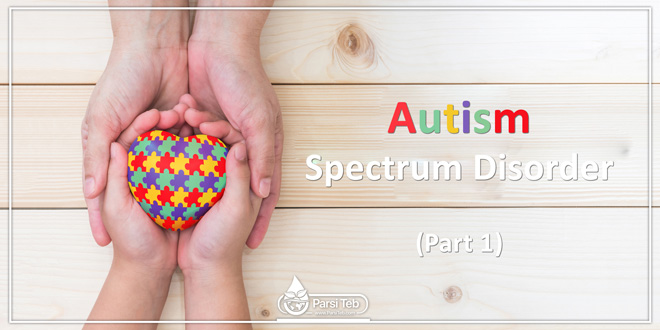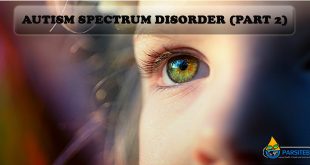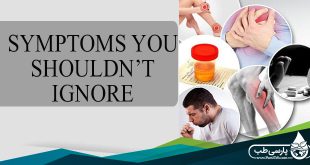What is Autism?
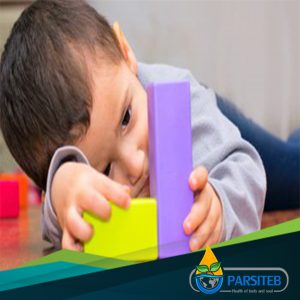
Autism is a complex neurobehavioral condition that includes impairments in social interaction and developmental language and communication skills combined with rigid, repetitive behaviors.
Some of these people have exceptional capabilities and can lead their lives, but others even have difficulty speaking.
Autism is not a new phenomenon and has been infected throughout history, but nowadays it has intensified for unknown reasons that can cause environmental pollutants and harmful chemical compounds around us.
Studies have shown that today, one of every 68 births has autism, and the percentage of autistic boys is about 5 times that of girls.
Studies also have shown that some celebrities have been autistic, including Isaac Newton, Albert Einstein, Mozart (Austrian composer) and Michelangelo.
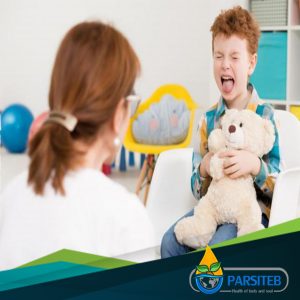
Symptoms of autism
Usually, before the age of three, a complete set of symptoms can be observed.
Some children grow up to 24-18 months of age normally, and then some of their skills are reduced or stopped.
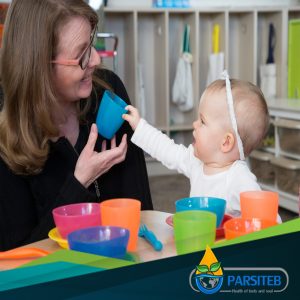
In general, symptoms of this disease include:
1. Frequent movement of hands and feet
2. Refusal to establish eye or physical contact
3. Late in speaking
4. Repeat some words or phrases
5. Severity and discomfort from changes
It should be noted that these symptoms may also be observed in a non-naturally occurring child and have other causes.
Signs of Parental Alert in the First Year of a Child’s Life
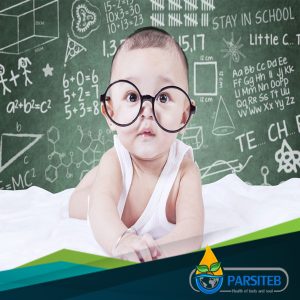
Even babies are somewhat social, so at an early age, it’s possible to detect autism. At this age, the baby’s response to the environment is very important.
Infants with autism may have the following symptoms:
1. Does not react to the mother’s voice;
2. Does not respond to his name;
3. Do not look at people’s eyes;
4. Does not point to something that he has noticed or caught;
5. Do not smile and disregard its surroundings;
Signs of Parental Alert in the Second Year of the Child’s Life
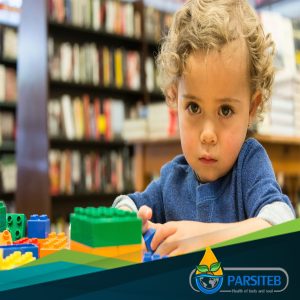
While in the second year of life most children speak words and communicate but children with autism usually cannot speak and communicate verbally at this age, and separate from others.
Some of the symptoms of autism at age two are:
1- At the age of 16 months, they do not even speak single-part words;
2- Do not play with other children at 18 months;
3- At the age of two years, still cannot give two-part words;
4. They does not pay attention to objects around;
In these cases, some of these factors may also be observed in infants and children who are not autistic, but if you see these symptoms, it’s best to consult an experienced physician.
Other Symptoms

People with autism may have some physical symptoms, including digestive problems (constipation) or sleep disorders.
These children have poor coordination between muscle function and have difficulty running and climbing.
About one-third of the people with autism also suffer from seizures.
The effects of autism on the brain are the control of emotions, social connections and physical movements.
First Autism investigation

Identifying children with autism in the first years of birth is very important. If the disease is not recognized, parents have lost their vital early childhood education.
For this purpose, guidance texts have been written to scan children’s behavior from 9 months of age.
When there is a warning sign in the child’s behavior or there is a history of the disease in the family, you should definitely go to the doctor for further investigation.
Recognizing the speech disorder
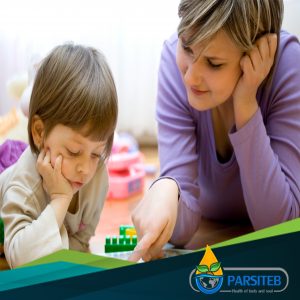
As we said, children with autism often begin to speak late or have speech disorders.
In the frequent examinations, doctors measure the response of the child to the stimuli around them.
Audio metric testing should also be performed, because speech disorders and lack of reaction of the child to stimuli or mother’s voice may be due to hearing impairment.
Speech conversations and interactions are difficult for people with autism and may be talking like a robot.
To improve speech abnormalities, the child should be monitored by a speech therapy.
Recognizing the weakness of social skills

Communication with other people is one of the main problems of autism. As stated, they may refrain from eye contact even with their parents.
It may also focus on a particular subject or object while being indifferent to other stimuli around them.
Patients with autism do not use body language or facial expressions in relation to others.
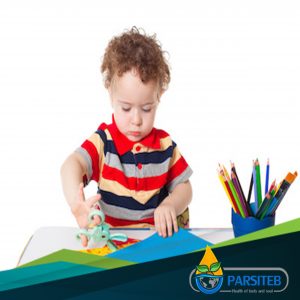
Therefore, the early detection of this disease in children, the awareness and education of parents and the use of proper therapies can help to improve its symptoms and provide a context for a normal life in society.
In the next article, we will discuss the treatment of this disease…
 Parsi Teb Physical and Mental Health Journal
Parsi Teb Physical and Mental Health Journal 